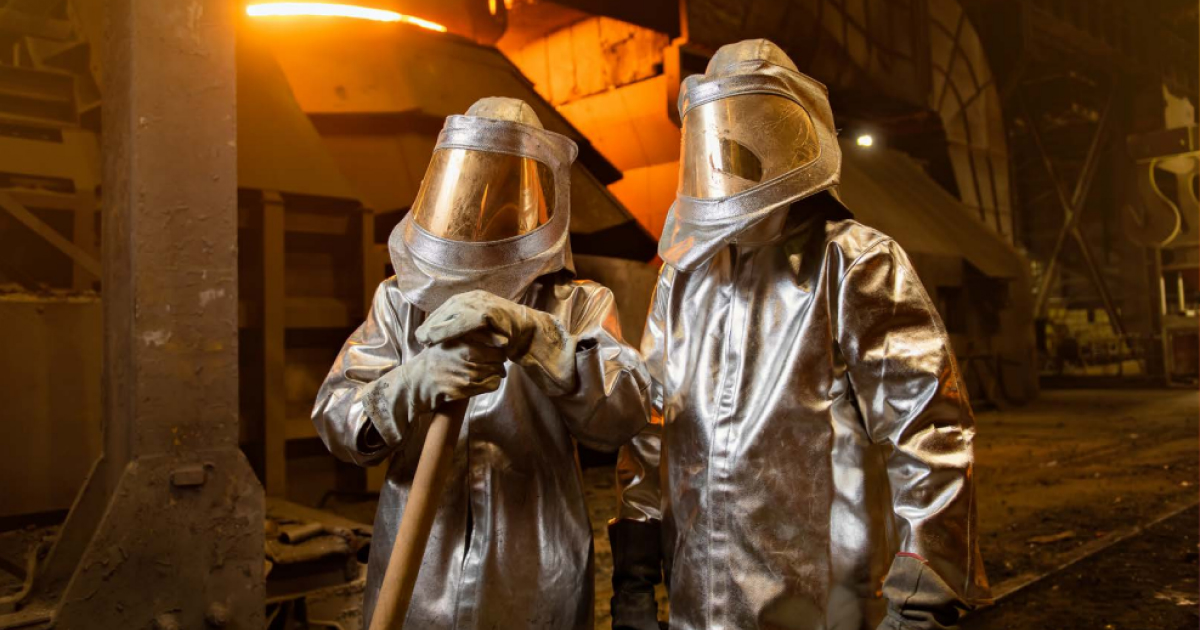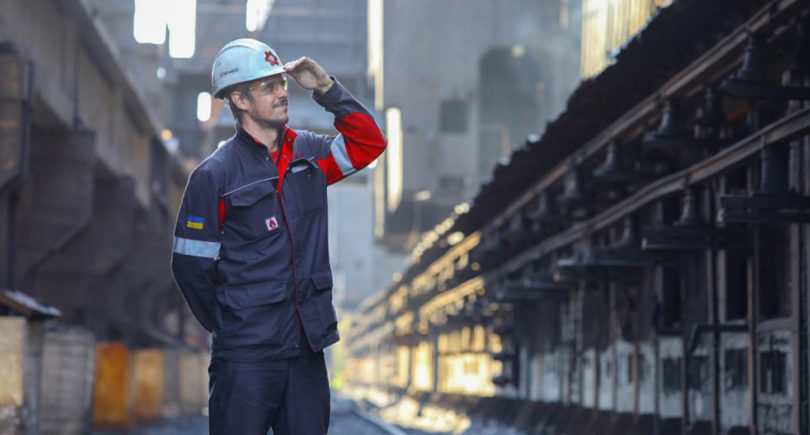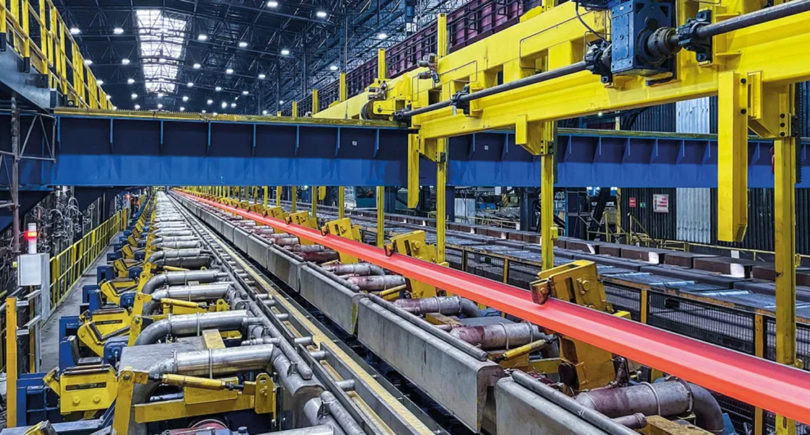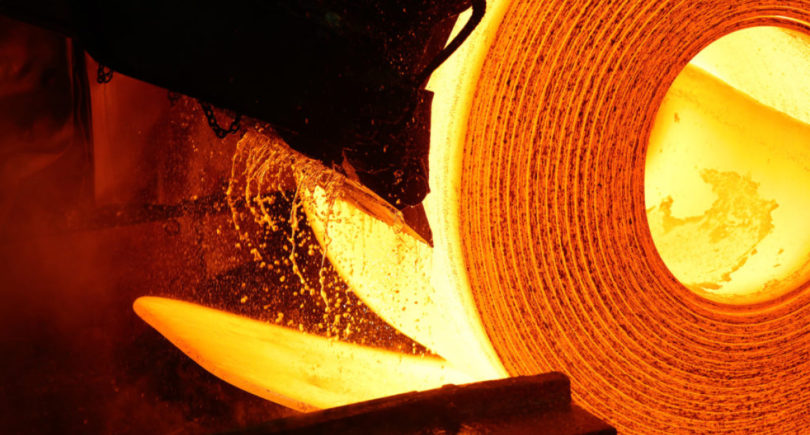
News Companies ArcelorMittal 2044 25 April 2025
The company is ready to switch to electric arc furnaces, but only if electricity prices are stable and competitive
ArcelorMittal Poland (AMP), a subsidiary of global steelmaker ArcelorMittal, has announced its readiness to make a large-scale transition to electric arc furnaces (EAFs) at its Dąbrowa Górnicza plant. However, according to the company’s CEO Wojciech Koszuta, guarantees of competitive electricity prices are needed to launch this process, Kallanish reports.
The first stage will be the production of long products using EDM without loss of quality. In the future, it is planned to adapt the technology for flat products. To do this, AMP plans to use the experience and technologies of ArcelorMittal Sestao in Spain, which has already fully switched to EDM.
In his speech at the European Economic Congress in Katowice, Kossuth emphasized the need for a stable industrial policy in the EU.
“We cannot change strategies every year. They need to be implemented consistently,” he emphasized.
MEP Jens Geyer noted that the industry needs protection to preserve jobs and ensure the energy transition, especially against the backdrop of competition from China and instability in the United States. He also supported changing the EU’s state aid rules and emphasized the importance of trade defense mechanisms such as CBAM.
Koshuta added that AMP plans to phase out blast furnaces in the future, switching first to natural gas and then to hydrogen for direct reduced iron (DRI) production. This approach will allow the company to respond flexibly to electricity prices and ensure the competitiveness of European steel.
As GMK Center reported earlier, ArcelorMittal Poland is commissioning new hydrogen furnaces in the annealing shop at its Krakow plant. Investments in the project amounted to PLN 52 million ($12.5 million). Thanks to the project, the company eliminated ammonia from the annealing process and reduced its duration, which reduced natural gas and electricity consumption and cut carbon emissions by 50%.




